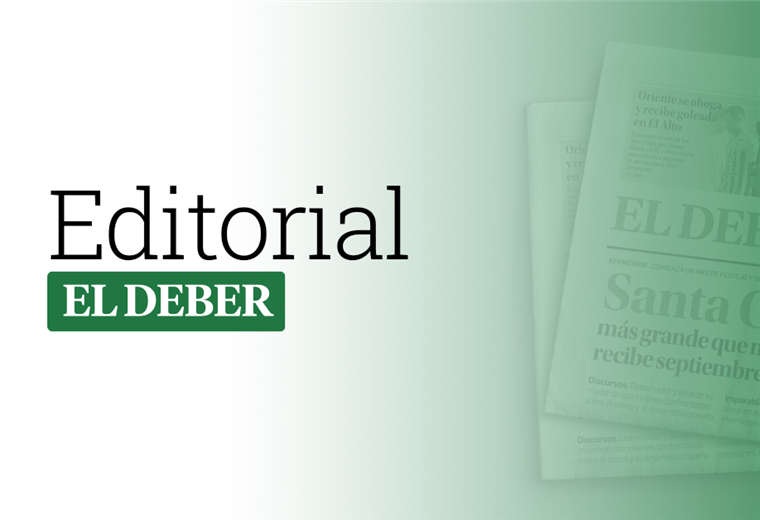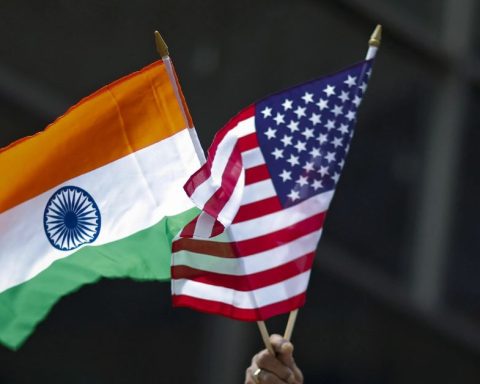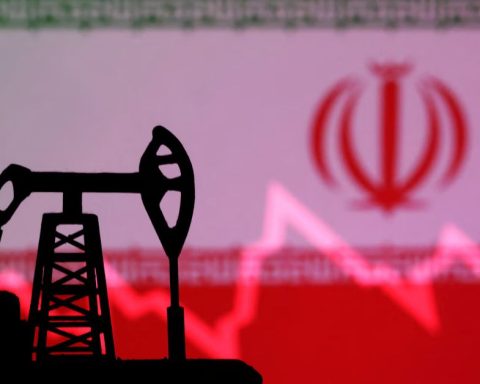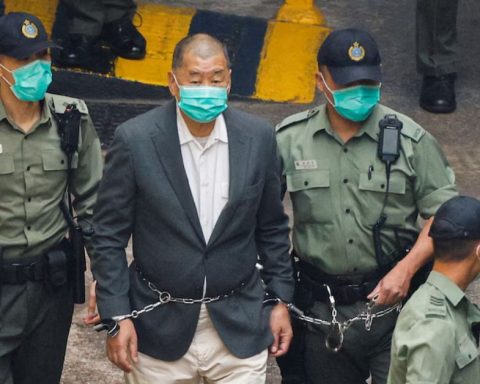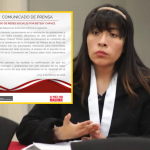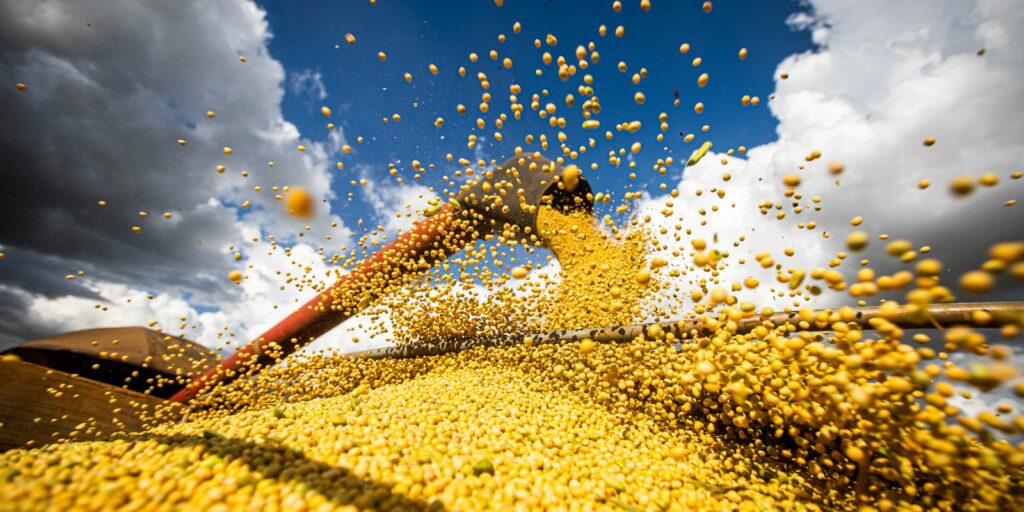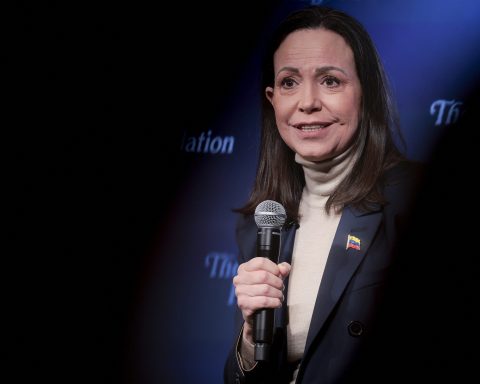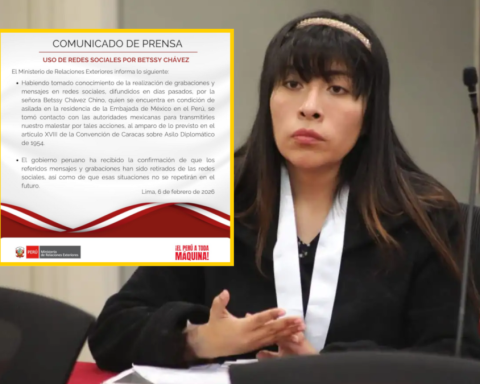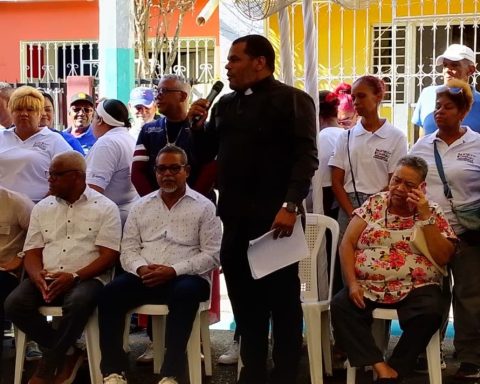February 9, 2023, 4:00 AM
February 9, 2023, 4:00 AM
A classification by the international foundation Reporters Without Borders (RSF) for 2022 and released in recent days, places Bolivia in 126th place out of 180 countries with the greatest restrictions on press freedom in the world. According to the study, the Plurinational State experienced a decline of 16 places in relation to the previous year when the occupied place was 110 on a global scale. That is to say that the conditions for the exercise of the activity of informing, without interference of any kind, in the country deteriorated markedly.
Bolivia does not have a good record in Latin America either. On the continent, it appears in 17th place among the 23 nations in the region that were the subject of analysis by RSF. The same report states that the attacks, censorship and harassment from the levels of the Executive Branch and its repressive forces threaten freedom of the press and expression, which is also attacked by social organizations and shock groups with affinity for the ruling party. In these cases, the insults, intimidation and attacks constitute a clear demonstration of abuse and impunity.
The overflow of violence against the media and journalists found a breeding ground in the street protests registered last year, mainly in Santa Cruz, as in the first days of 2023 as a result of the violent kidnapping of the governor of Santa Cruz, Luis Fernando Camacho, as also in the disproportionate use of force practiced by the Bolivian Police. According to complaints from the National Press Association, seven journalists and three cameramen were attacked while they were covering the events, and the complaints filed by unions and other journalistic organizations in defense of the of its affiliates. From outside the national borders, the Inter-American Press Association (SIP) likewise expressed its concern over the violent attacks perpetrated against journalists, reporters and other press workers.
Another way of attacking freedom of the press and expression in Bolivia is related to the open discrimination practiced against independent media by the Government of the Movement for Socialism. Since coming to power a little more than fifteen years ago, the MAS rulers biasedly and arbitrarily administered – and continue to do so without any shame – State advertising as if it were the “exclusive property” of the regime. They do so by favoring the media that belong to their political allies and that support official editorial lines, even though their audiences are a minority, compared to those with a greater reach and that are banned from the state advertising schedule.
EL DEBER, an indisputable leader and benchmark, is a permanent victim of a government policy that promotes the logic of rewards and punishments in the distribution of State advertising whose resources, in these cases, are disbursed without criteria of equity and proportion. It is, by all accounts, an abusive and biased policy that, however, has not changed and will not change one iota the editorial line of our multimedia group that is about to begin the serene transition of its seven decades well carried out in the incorruptible search of the truth and at the service of the community to which it has always been exclusively due.
